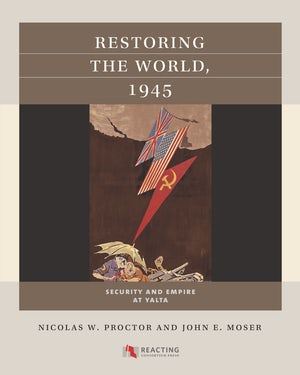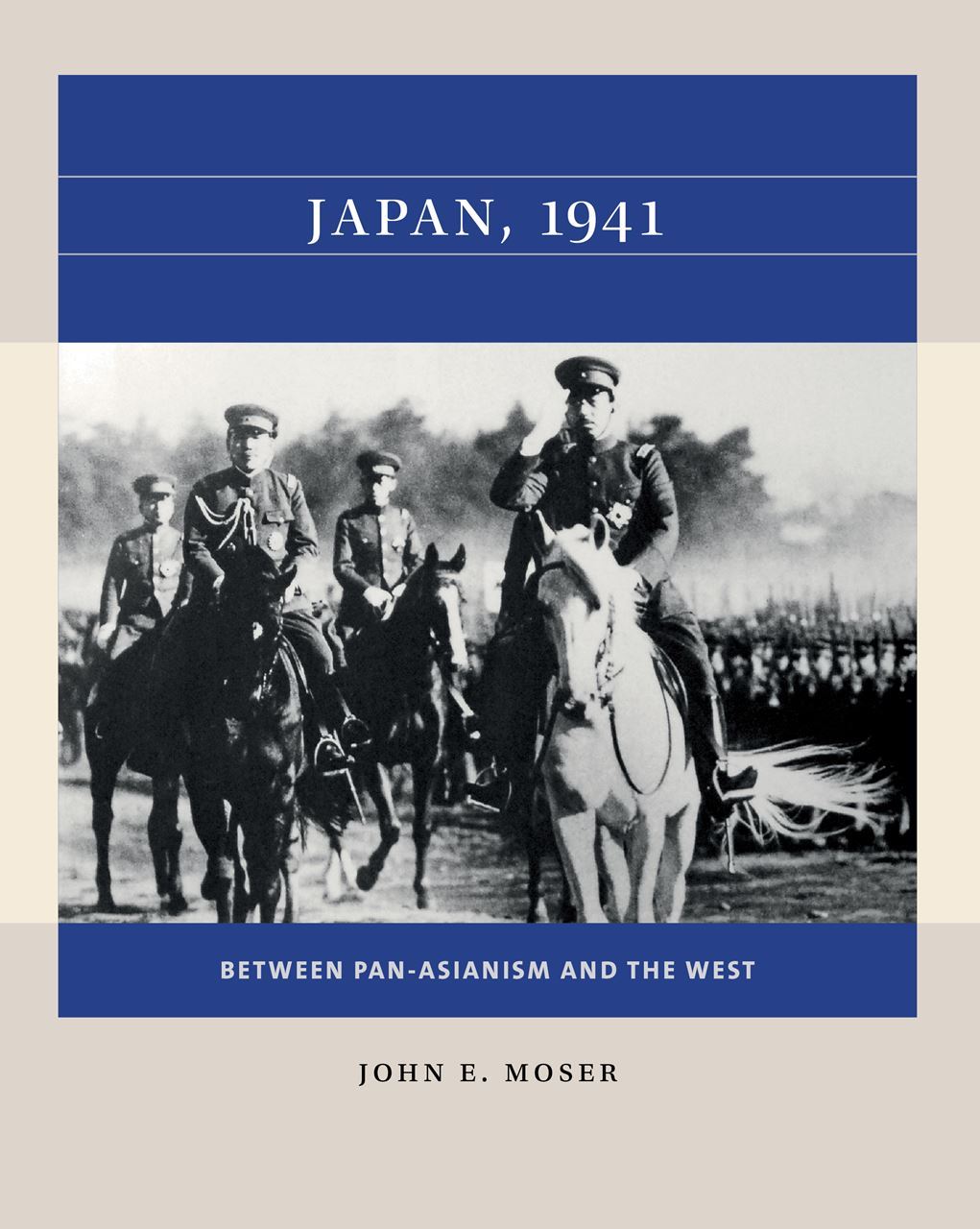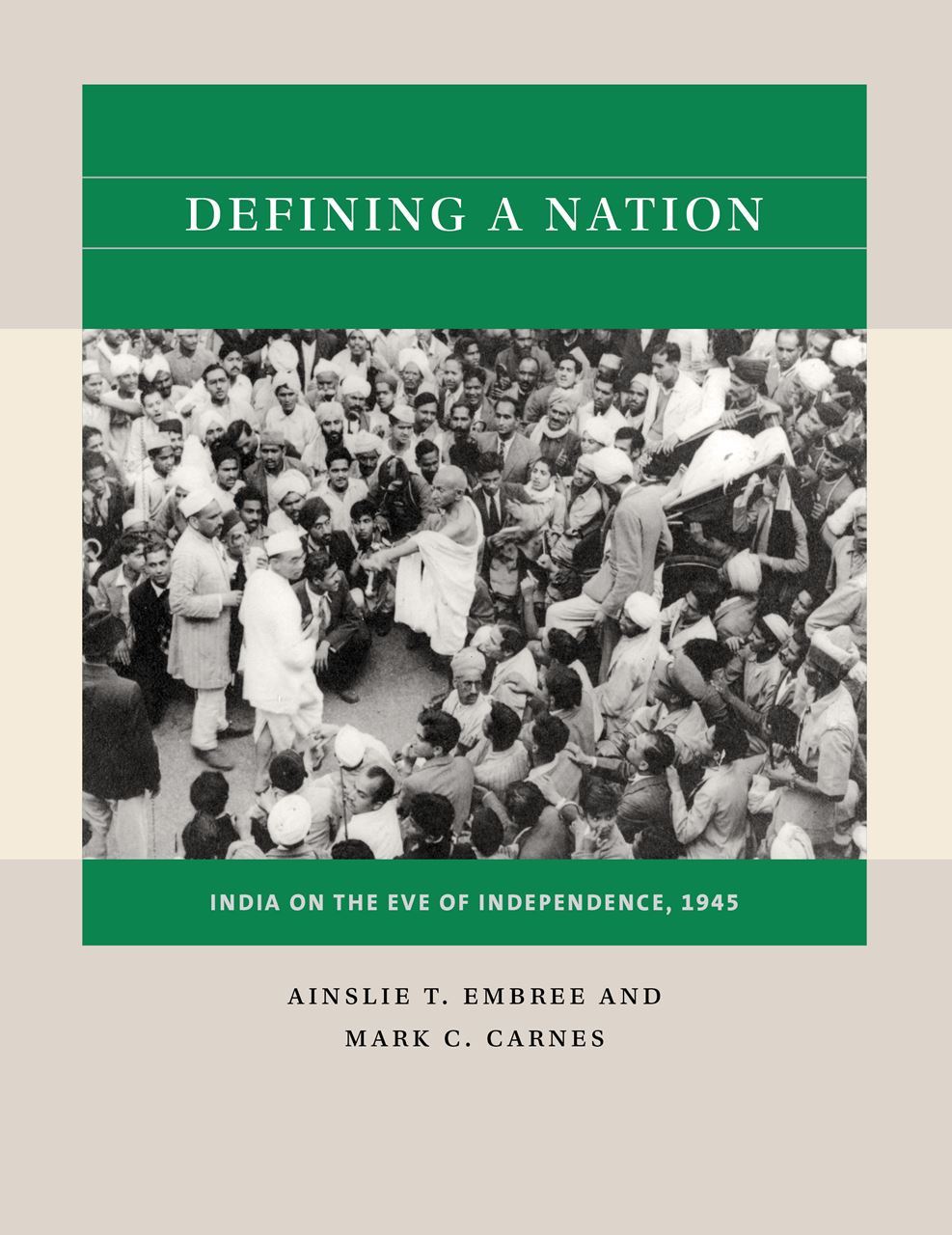 |
Determine the shape of the post-World War 2 Order The devastation of the Second World War is coming to an end. As victory for the Grand Alliance draws close, the leaders of Great Britain, the Soviet Union, and the United States gather at Yalta, a resort town on the Black Sea, for the most important summit meeting of the war. Can the great powers finalize their plans for a new world order, or will their often antagonistic ideologies prevent them from forging a lasting peace? Restoring the World immerses students in the Yalta Conference as they take on the roles of Churchill, Roosevelt, Stalin, as well as the members of their military and diplomatic delegations. They all want peace, but what kind of peace will they create? |
Details
|
Using the Game
Class Size and Scalability Class Time
|
 GAME MATERIALS
GAME MATERIALS
Confirmed instructors who are not yet members can access basic instructor materials. Reacting Consortium members can access all downloadable materials (including expanded and updated materials) below. You will be asked to sign in before downloading.
Gamebook Students need a Gamebook, which includes directions, resources, and historical content. The Yalta, 1945 Gamebook is published by Reacting Consortium Press. Paperback ISBN: 978-1-4696-5984-8 EBook ISBN: 978-1-4696-5985-5 | Role Sheets and Add'l Materials Students also need a Role Sheet, which contains biographical information, role-specific resources or assignments, and their character's secret victory objectives. | Instructor's Manual The Instructor's Manual includes guidance for assigning roles, presenting historical context, assignments, activities and discussion topics, and more.
VERSION 2.9.1. Updated February 2021. .docx file.
|
Additional Resources
Expanded Role Sheets - Created by Community Member, these are mostly Secretary and Note Taker roles. American Mapmaker - Additional Role British Mapmaker - Additional Role Soviet Mapmaker - Additional Role Table Tent - Standing Name Plates News from the Front Line Handout -to be distributed to the players at the end of Setup Session 2 Fillable Memorandum - British, USA, and Soviet correspondence |
Nicolas W. Proctor
Nicolas W. Proctor grew up in Little Rock, Arkansas. After completing his B.A. in history from Hendrix College, he received an M.A. in Diplomacy and International Relations from the University of Kentucky, as well as an M.A. and Ph.D. in American history from Emory University. He is now a Professor of History at Simpson College in Indianola, Iowa, where he has also served as department chair and director of the first-year program. Proctor is also the Chair of the Reacting Editorial Board, overseeing game development. He lives in Des Moines, Iowa, with his family, a print shop, lots of books, five chickens, and too many Legos. After completing a traditional historical monograph, Bathed in Blood: Hunting and Mastery in the Old South, he reoriented his research to fit the needs of a teaching institution and focused on writing historical role-playing games. |
John E. Moser
John E. Moser is professor of history and chair of the masters program in American History and Government at Ashland University. He did his undergraduate work at Ohio University, and has an M.A. and Ph.D. in history from the University of Illinois at Urbana-Champaign. At Ashland he teaches courses on modern European, American and East Asian history, and in 2016 received the university’s Edward and Louaine Taylor Award for Excellence in Teaching. John has published numerous works on subjects ranging from comic books to Japanese foreign policy. He is author of four books, the most recent of which is The Global Great Depression and the Coming of World War II, which was published by Routledge in 2015. He has also published three games for the Reacting to the Past series, including Japan, 1941: Between Pan-Asianism and the West; Europe on the Brink, 1914: The July Crisis; and (with Nicolas W. Proctor) Restoring the World, 1945: Security and Empire at Yalta. He lives in Ashland with his wife Monica, their daughter Stanzi, and their three dogs. | Reacting and Related Titles
|
Reviews
"This game serves as a kind of master class in negotiation, and, in our post-game debriefing and survey, students overwhelmingly praised how well it blended game play with content learning. In addition, this game could be particularly useful in terms of making the pragmatic case for history to skeptical administrators/regents/etc., as it helps students develop a range of skills necessary in the workplace." | "I think one of the greatest strengths of this game is the way that it’s set up to give every single student a chance to shine. While there are certainly students who have larger roles or more responsibility, every single role provides an opportunity to impact the game, take a strong position on an issue, and persuade others. That is not the case with all Reacting games; I see it as something that sets this game apart." | "An additional strength of this game is the way that the authors have structured the rules of the game to keep it moving efficiently. Many of the issues raised by this game are huge questions, that could easily be debated for several class periods. However, the authors have given all of the diplomats a 30-minute time limit to resolve each issue. This not only serves to keep the game moving, but it also mimics the kind of frantic negotiation that is often a part of diplomacy." |
Members can contact game authors directly if they have questions about using the game. We also invite instructors join our Facebook Faculty Lounge, where you'll find a wonderful community eager to help and answer questions.
|
|
|



